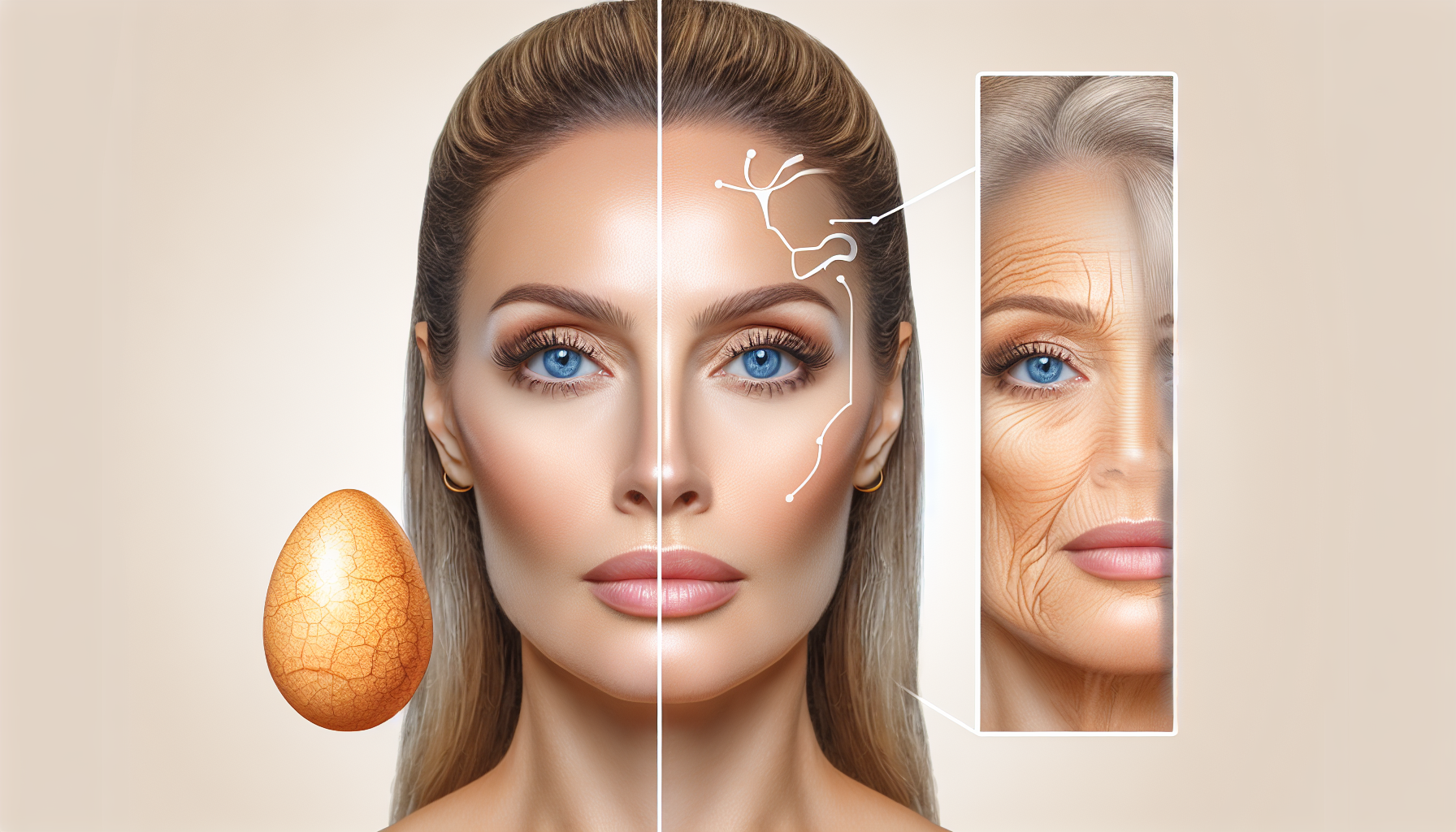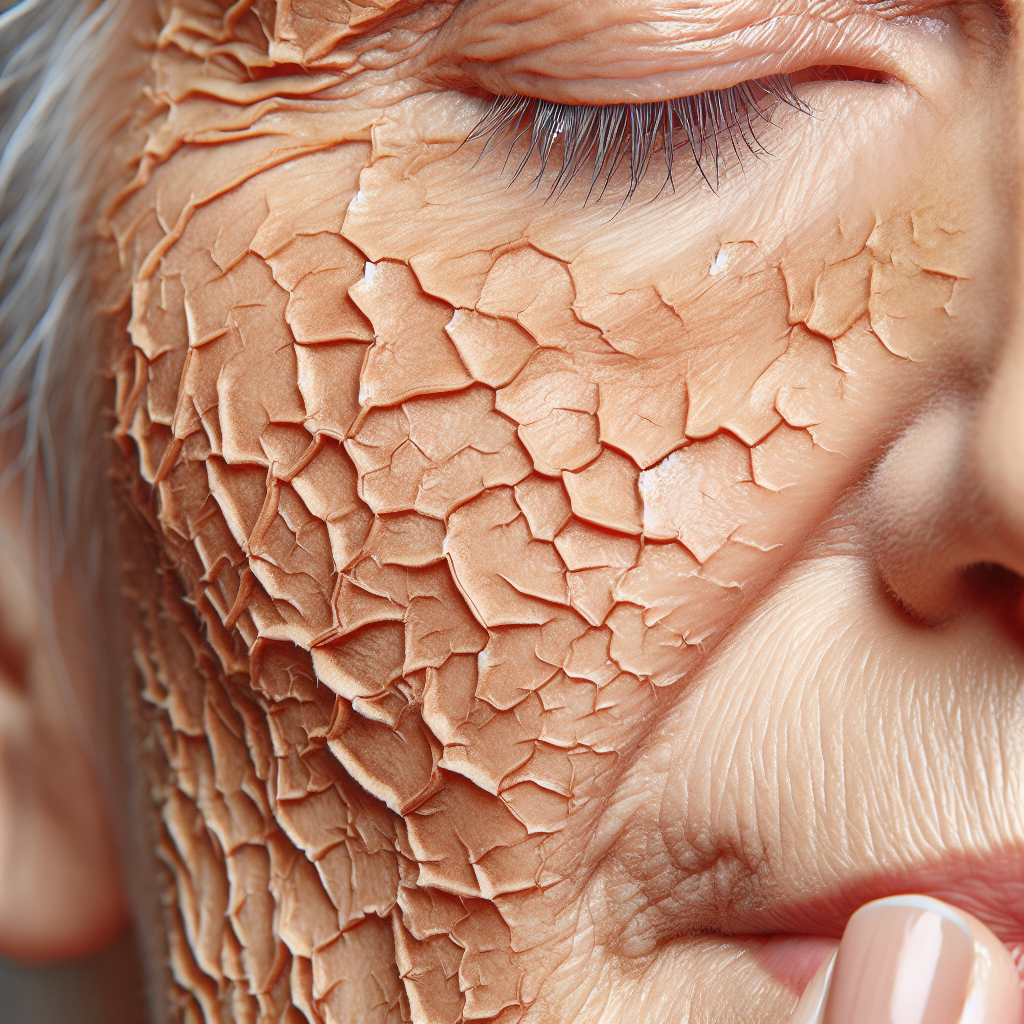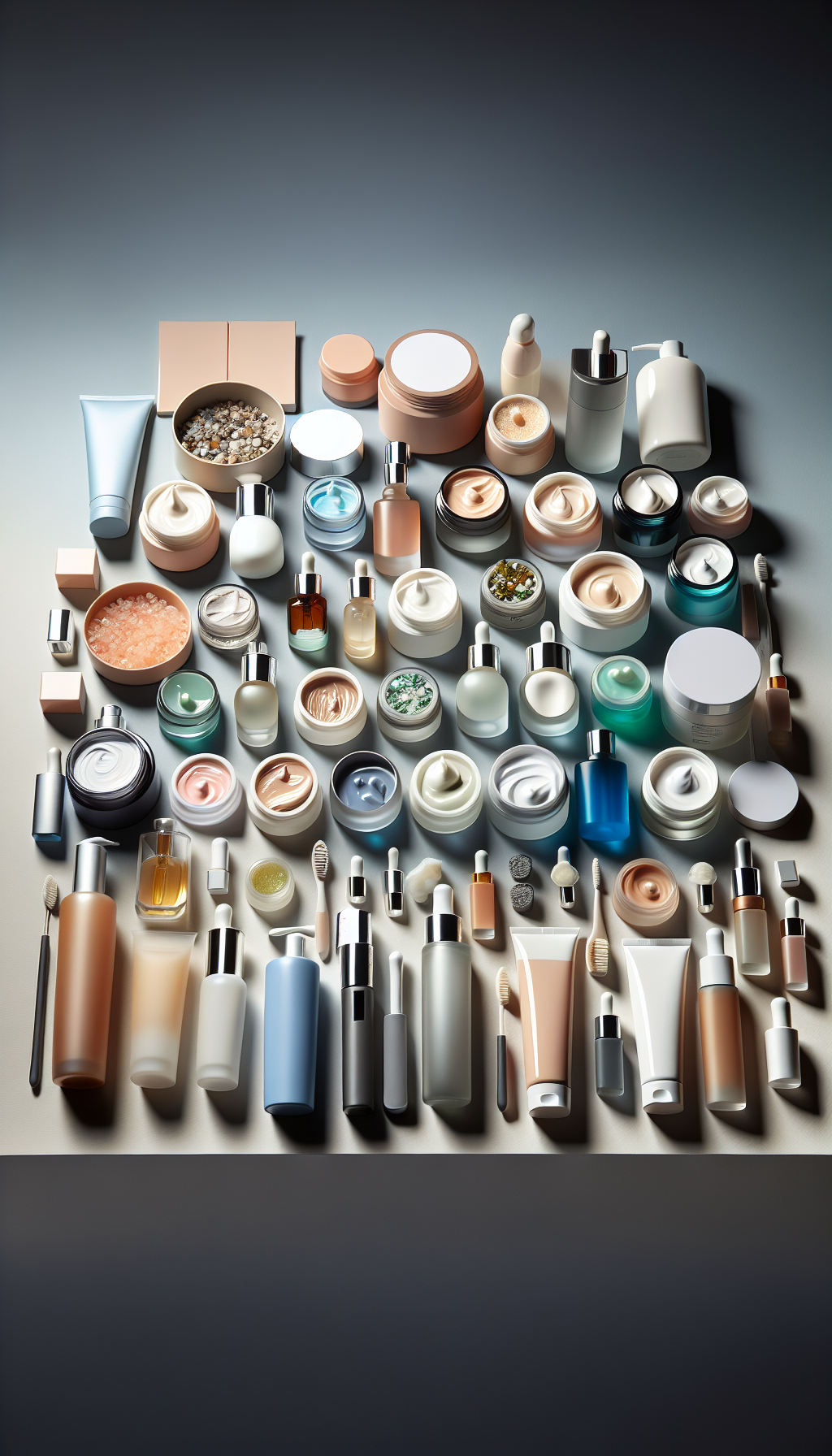Menopause marks a significant transition in a woman’s life, and its effects are wide-ranging, from the endocrine system’s workings to the skin’s surface. Hormonal fluctuations that occur during this period can have a profound impact on skin health, often leading to dryness, loss of elasticity, and other challenges. In this comprehensive article, we will explore how menopause affects the skin and provide strategies to manage these changes effectively.
Understanding Hormonal Changes During Menopause
Menopause typically occurs in women between the ages of 45 and 55, though it can happen earlier or later. This natural biological process signifies the end of menstrual cycles and is confirmed when a woman has not had a period for 12 consecutive months. The hallmark of menopause is a change in hormone levels, specifically a reduction in estrogen and progesterone. These hormones are not only pivotal to reproductive health but also play crucial roles in maintaining skin health.
Estrogen stimulates the production of collagen, a vital protein that gives skin its firmness and elasticity. A decline in estrogen levels leads to reduced collagen production and the breakdown of existing collagen fibers. The result is thinner, less elastic skin that is more prone to wrinkling and sagging.
Progesterone affects the skin’s hydration levels and sebum production. As progesterone levels drop, many women experience drier skin and a reduction in skin’s natural oils, which can exacerbate the appearance of wrinkles and fine lines.
The Visible Effects of Menopause on Skin
The hormonal upheaval during menopause can lead to several noticeable changes in the skin:
Dryness and Loss of Elasticity
As mentioned, decreased estrogen levels lead to diminished collagen production, resulting in drier and less supple skin. This can be especially pronounced in areas like the face, neck, and chest.
Increased Wrinkling
Collagen and elastin fibers provide structure and stretch to the skin. With their decline, skin becomes more prone to deep wrinkles, particularly around the mouth and eyes.
Sensitivity and Irritation
The skin may become more sensitive during menopause, reacting more readily to environmental irritants and products that were once tolerated.
Acne or Breakouts
Although more common during puberty, hormonal fluctuations can also lead to adult acne during menopause.
Managing Skin Health During Menopause
While these changes can be challenging, there are ways to manage and even improve skin health during menopause.
1. Hydration is Key
The importance of hydration cannot be overstressed. Drinking plenty of water helps maintain the skin’s moisture balance from the inside out. Additionally, using hydrating skincare products can provide much-needed moisture to the skin’s surface. Look for products containing hyaluronic acid or glycerin, which are excellent for retaining water in the skin.
2. Nourish Your Skin
Nutrition plays a vital role in skin health. Foods rich in antioxidants, omega-3 fatty acids, and vitamins can help combat the effects of aging and hormonal changes. Check out our article on Nutrition and Skin Health: What to Eat for a Glowing Complexion for more detailed guidance.
3. Use Targeted Treatments
Addressing specific concerns such as sensitivity or breakouts may require targeted treatments. Ingredients like retinoids can help with cell turnover and improve the appearance of fine lines. For tailored advice, consider reading about The Importance of Collagen for Skin Health and Youthfulness.
4. Embrace Gentle Skincare
It’s crucial to switch to gentler skincare products that do not strip the skin of its natural oils. Look for products with soothing ingredients, and avoid harsh exfoliants or astringents.
5. Seek Professional Advice
A dermatologist can provide personalized advice and recommend treatments such as hormone replacement therapy (HRT), which may alleviate some menopausal symptoms, including those affecting the skin.
External Resources for Further Support
For those seeking to delve deeper into the topic, here are some high-quality external resources:
- The North American Menopause Society provides a wealth of information on managing menopause symptoms, including skin care.
- Detailed insights into the role of hormones in skin health can be found in the Endocrine Society’s patient education resources.
- The American Academy of Dermatology offers tips and guidance on skin care for menopausal women.
Conclusion
Menopause is a natural part of aging, but it doesn’t mean you have to surrender to its effects on your skin. By understanding the hormonal changes that occur and how they affect your skin, you can take proactive steps to maintain its health and vitality. With proper care, hydration, and nutrition, along with the advice of healthcare professionals, you can navigate this transition with confidence and grace.
Remember to explore further topics on skin health and menopause by visiting the comprehensive guides available on Avix Health. Your skin is a reflection of your overall well-being, and with the right knowledge and tools, it can continue to radiate beauty at every stage of life.



